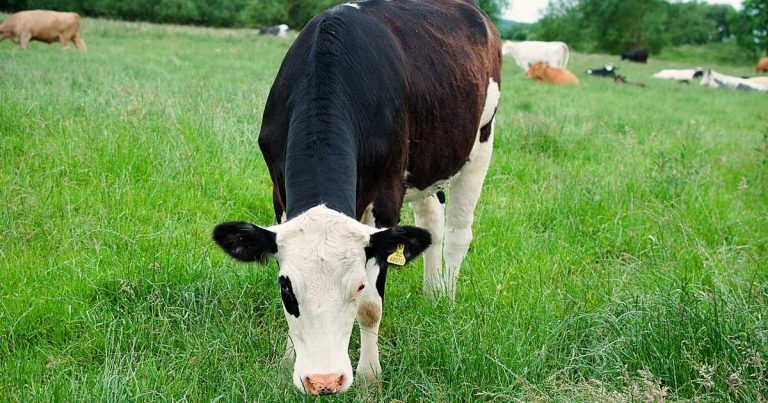22 Mar 2022
Figures from the Zoetis Parasite Watch Scheme, now in its seventh year, show worm patterns changing annually.

Vets need to urge farmers to be on their guard against parasites throughout the year, as changing weather patterns impact on the worm risk to livestock.
Warmer, wetter weather and fewer cold spells are starting to impact on frequency, according to data released by Zoetis.
The Zoetis Parasite Watch Scheme, now in its seventh year of monitoring worm egg counts from a network of farms across the country, has found patterns are changing yearly.
At the start of 2021, worm egg counts were low because of a cool and dry spring, but high counts as early as March were reported in 2020.
Worm egg counts peaked from June onwards last year once weather improved – and continued the trend throughout the summer and into autumn. Highest counts were recorded in September and November.
Zoetis vet Ally Anderson said: “Worms and their breeding habits are intrinsically linked to the weather because part of their life cycle is outside the animal. This is why we are seeing a changing pattern to the worm challenge.
“Twenty years ago, it would have been unusual to see worm egg counts peaking in November, but our seasons are less defined now, and our autumn and winters are warmer and wetter.
“Changes in grazing practices, what stock has been brought in and past treatment history can also influence worm burdens on farms.”
Techion, manufacturer of a faecal egg count test kit, said data showing big swings in the timing of treatments is because of weather patterns.
Eurion Thomas from Techion said: “Traditionally, farmers would treat stock based on the time of the year, with many still doing this. However, now the risk periods are not so defined, it is vital farmers treat stock based on whether they need it.
“This not only helps ensure the treatments are effective, but also preserves wormers, protects the immediate environment and ensures the growth from animals is maximised, which is vital for farm sustainability and also in reducing emissions from livestock.”
The Zoetis Parasite Watch Scheme features alerts to the parasite risk in areas of the UK.